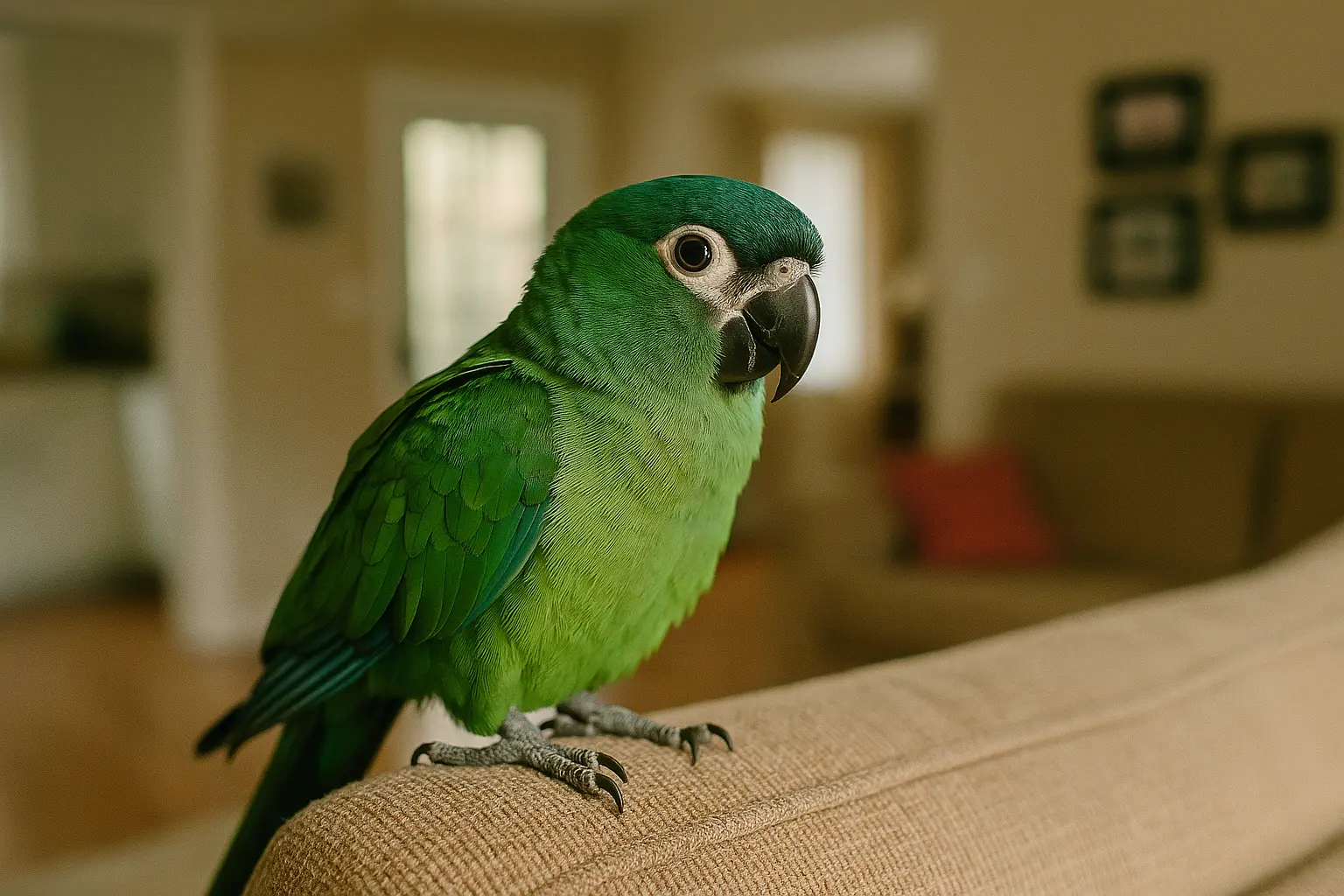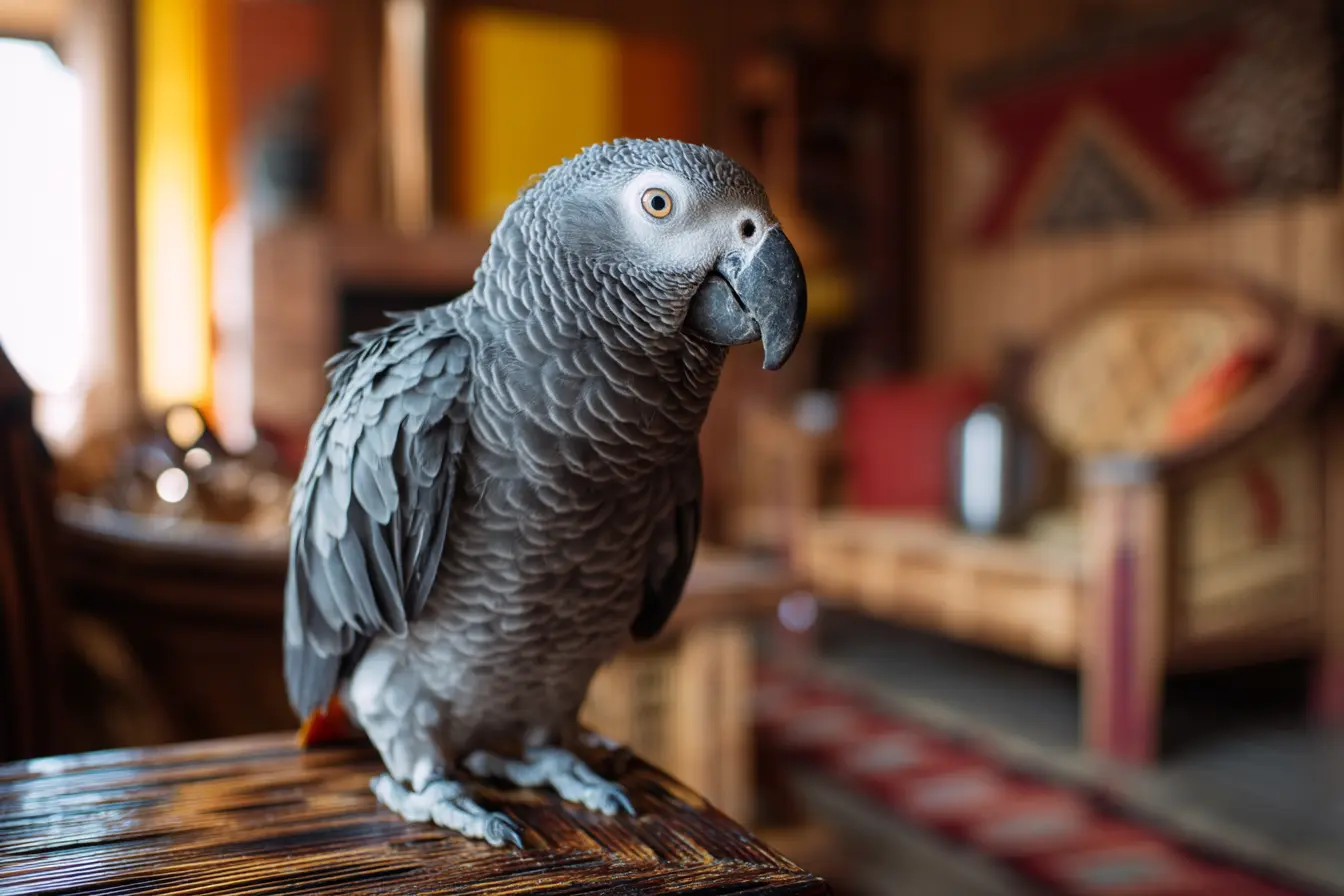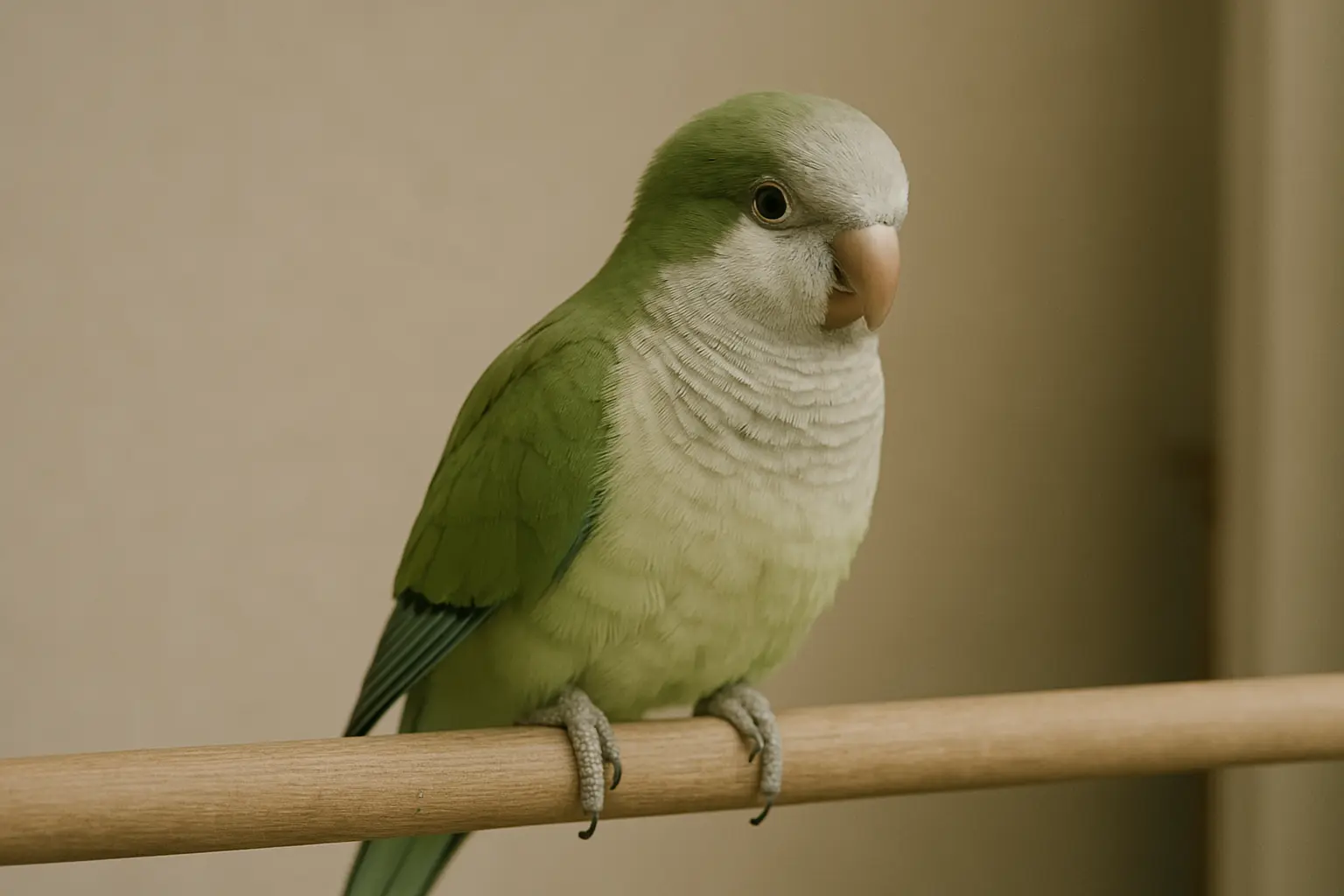
Liver Disease in Pet Birds: Causes, Symptoms, and Treatment
Liver disease is a common yet serious condition in pet birds. The liver plays a crucial role in metabolism, detoxification, digestion, and immune function. When the liver becomes damaged or overworked, it can lead to severe health complications, including liver failure.
Understanding the causes, symptoms, treatment, and prevention of liver disease is essential for keeping pet birds healthy and ensuring a long, comfortable life.
The Role of the Liver in Birds
The liver is a vital organ responsible for:
- Metabolising nutrients from food
- Storing vitamins and minerals
- Producing bile for digestion
- Detoxifying harmful substances from the bloodstream
- Regulating fat and protein metabolism
When the liver is damaged, these functions become impaired, leading to widespread health issues.
Common Causes of Liver Disease in Birds
Poor Diet and Fatty Liver Disease
A diet high in fatty seeds, such as sunflower seeds and peanuts, can lead to hepatic lipidosis, commonly known as fatty liver disease. Birds that consume excessive fat and lack essential nutrients, particularly vitamin A, are at high risk.
Toxins and Poisoning
Exposure to toxic substances, such as heavy metals like lead and zinc, pesticides, and chemicals from non-stick cookware fumes, can damage liver cells. Certain human foods, such as avocado, alcohol, and caffeine, are also highly toxic to birds and can contribute to liver damage.
Infections and Diseases
Viral, bacterial, or fungal infections, such as psittacosis or aspergillosis, can cause liver inflammation and dysfunction. Liver disease can also develop secondary to other chronic illnesses, such as kidney disease.
Obesity and Lack of Exercise
Overweight birds are more prone to liver disease due to excess fat accumulation in the liver. Birds with limited exercise and poor diet management are at higher risk of developing obesity-related liver issues.
Genetic and Age-Related Factors
Some bird species, such as budgerigars, cockatoos, and Amazon parrots, are genetically predisposed to liver disease. Age can also be a contributing factor, as older birds are more likely to develop liver problems.
Symptoms of Liver Disease in Birds
Liver disease can progress gradually, making early detection difficult. Common symptoms include:
- Yellow or greenish droppings due to bile build-up
- Lethargy and weakness
- Loss of appetite and weight loss
- Poor feather quality, delayed moulting, or abnormal feather growth
- Swollen abdomen due to fluid accumulation
- Laboured breathing caused by liver enlargement pressing on air sacs
- Overgrown beak and nails, indicating metabolic imbalances
- Increased thirst and excessive urination
- Seizures or neurological symptoms in advanced cases
Because birds often hide signs of illness, regular health monitoring is crucial for early detection.
Diagnosing Liver Disease in Birds
An avian veterinarian can diagnose liver disease through:
- Physical examination to check for beak overgrowth, swollen abdomen, and poor feather quality
- Blood tests to assess liver enzyme levels and overall health markers
- X-rays or ultrasound to detect liver enlargement or fatty deposits
- Liver biopsy in severe cases to confirm the presence of liver damage or infection
Treatment for Liver Disease
The treatment of liver disease depends on the severity and underlying cause.
Dietary Changes
A balanced, low-fat diet is essential for liver health. Birds with liver disease should be switched from a seed-based diet to a pellet-based diet supplemented with fresh fruits, vegetables, and healthy protein sources.
Liver-friendly foods include leafy greens such as kale, spinach, and bok choy, carrots, sweet potatoes, and bell peppers for vitamin A, berries and apples for antioxidants, legumes such as lentils and chickpeas for protein, and milk thistle supplements, which support liver function.
Medication and Supplements
Vets may prescribe medications to support liver health, including milk thistle extract or silymarin to protect liver cells, lactulose to help remove toxins from the bloodstream, vitamin A and B-complex supplements to aid liver repair, and antibiotics or antifungals if infections are involved.
Hydration and Supportive Care
Ensuring proper hydration is crucial for liver function. Birds with liver disease may require fluid therapy to flush out toxins and maintain overall health. Reducing stress and providing a quiet, comfortable environment also aids recovery.
Monitoring and Regular Vet Check-Ups
Birds with liver disease require regular veterinary monitoring to track liver enzyme levels and overall progress. Adjustments to diet, medication, and lifestyle may be necessary based on the bird’s response to treatment.
Preventing Liver Disease in Birds
Prevention is key to maintaining liver health and avoiding long-term complications.
Provide a Balanced Diet
Feeding a high-quality pellet-based diet rather than a seed-only diet is essential. Include fresh vegetables, fruits, and healthy protein sources while limiting fatty seeds such as sunflower and peanuts. Ensure adequate vitamin A intake through a varied diet.
Avoid Toxins and Harmful Substances
Keep birds away from non-stick cookware fumes, cigarette smoke, and household chemicals. Ensure cages and toys are free from heavy metals such as lead and zinc. Never feed avocado, chocolate, alcohol, or caffeinated drinks.
Encourage Exercise and Activity
Provide opportunities for flight and movement outside the cage. Offer enrichment activities such as climbing structures and foraging toys. Avoid excessive weight gain by monitoring food portions.
Regular Vet Check-Ups
Routine health checks can detect liver issues before they become severe. An avian vet can assess liver function through blood tests and imaging, ensuring early intervention if needed.
When to See a Vet
Seek veterinary care immediately if your bird shows:
- Yellow or greenish droppings
- Loss of appetite and unexplained weight loss
- Swollen abdomen or laboured breathing
- Overgrown beak or nails
- Sudden lethargy or weakness
Early diagnosis and treatment can significantly improve outcomes and prevent life-threatening complications.
Final Thoughts
Liver disease is a serious but manageable condition in pet birds. With a proper diet, toxin avoidance, exercise, and regular vet check-ups, bird owners can significantly reduce the risk of liver problems.
If liver disease is diagnosed early, dietary adjustments, medications, and supportive care can help improve liver function and extend a bird’s lifespan. By being proactive in maintaining liver health, bird owners can ensure their feathered companions live a long, healthy, and happy life.
Vets near you
Speciality vets
- Aquatics vet specialists
- Birds vet specialists
- Camelids vet specialists
- Cats vet specialists
- Cattle vet specialists
- Deer vet specialists
- Dogs vet specialists
- Equines vet specialists
- Exotic vet specialists
- Goats vet specialists
- Pigs vet specialists
- Poultry vet specialists
- Sheep vet specialists
- Small Mammals vet specialists
- Wild vet specialists
Vet facilities
- Accessible by public transport
- Blood testing
- Car park nearby
- Client car park
- Dentistry
- Diagnostic imaging
- Disabled public access
- Flea and worm treatments
- Microchipping
- Mobile services
- Neutering
- Open at weekends
- Out-of-hours service
- Referral interests
- Referrals only
- Street parking outside
- Toilets available
- Vaccinations



